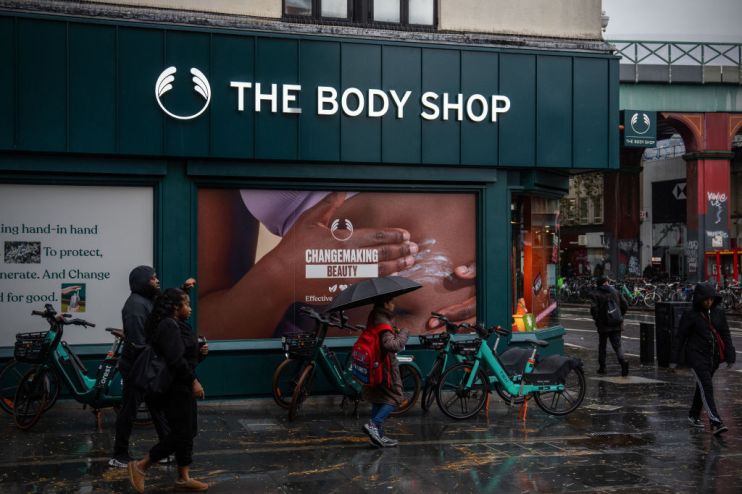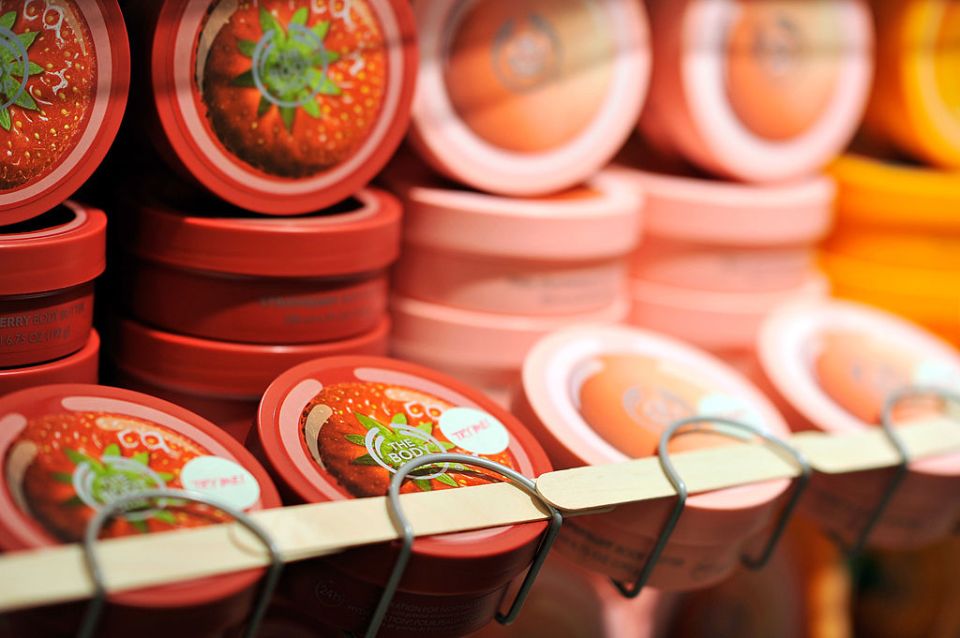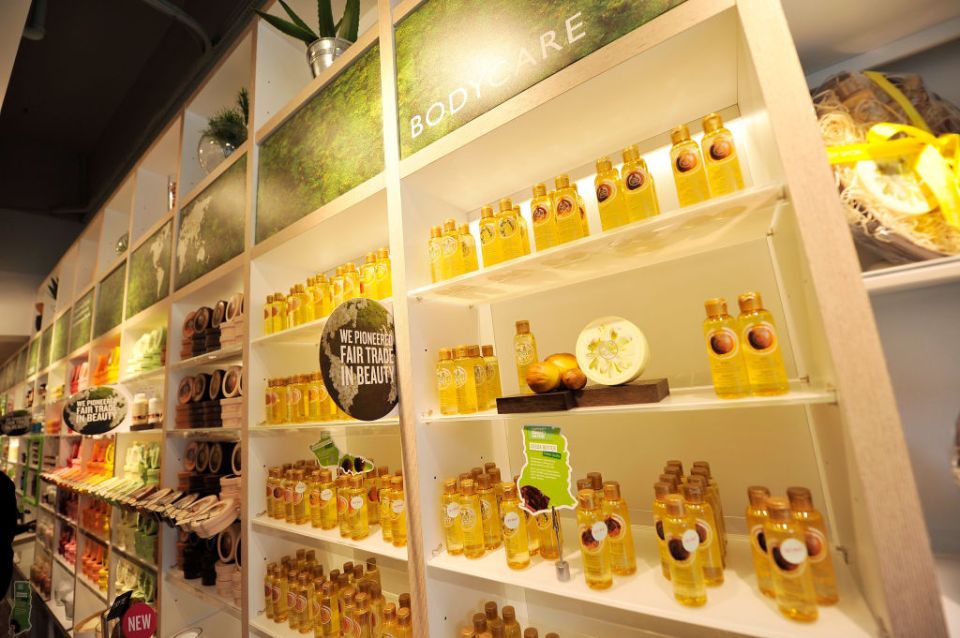The Body Shop: Why the high street icon is facing administration and what the future holds

The Body Shop, an icon of the British high street, is facing an uncertain future as it prepares to enter administration.
Reports emerged over the weekend that the household name was in financial trouble after trading during the vital Christmas period and into January was not as strong as had been previously hoped.
Now, with restructuring firm FRP Advisory expected to be appointed as the administrator of The Body Shop in the coming days, City A.M. has taken a look at why the brand has found itself in this position and what could happen next.
A brief history
The Body Shop was established by the late Dame Anita Roddick in 1976 and was recently bought by private equity firm Aurelius. The retailer has more than 200 shops in the UK and is headquartered in London.
It started out as a single shop in Brighton and has become well-known for its ethical trading stance as well as being against testing beauty products on animals.
Dame Anita sold the company to French beauty giant L’Oreal for £652m in 2006 ahead of her death in the following year.
According to its website, The Body Shop employs 10,000 people as well as 12,000 through franchises. It also says operates in around 3,000 stores in over 70 countries.
Its current owner, Aurelius, acquired Greater Manchester-headquartered Footasylum from JD Sports for almost £40m in August 2022.

The Body Shop’s “halo is no long shining so brightly”
According to an expert at AJ Bell, the company’s problems are longstanding and stem from its competitors also pushing their ethical values to the forefront of their marketing.
Investment analyst Dan Coatsworth adds that The Body Shop will likely see a large number of store closures, its brand still has value which could be revitalised by a “creative mind”.
Mr Coatsworth said: “The Body Shop has been going through problems for some time, both operational and reputational.
“Best known for its physical stores, the company has arguably been overtaken by more nimble online sellers.
“The cosmetics sector is highly competitive and not everyone in this industry will prosper when the economy stalls, such as now.
“Previously known for its ethical stance, that halo is no long shining so brightly for the business. This is partly because so many companies have been pushing their ethical values which has meant The Body Shop has been lost in the crowd.
“There have also been suggestions it has been prioritising profits over principals, having gone through various owners over the past two decades.
“The brand feels dated and consumers have plenty of choice where they can buy cosmetics, skin care and perfume. It might still appeal to the older generations who remember the brand values, but younger people do not talk about The Body Shop as being a place they actively want to shop.
“If its stores are less busy, the tills are not ringing as fast as it wants, and the brand strength has weakened, it’s no wonder that The Body Shop’s UK operations have struggled.
“It’’s likely that the company will see a large number of shops closed on the UK high street but the brand still has some value. Someone with a creative mind could revitalise it, assuming they can buy it for peanuts out of administration.”

The Body Shop has become a “bit average and mediocre and lost its way”
The Body Shop was “way ahead of its time”, according to Jovan Buac, executive director, marketing and growth EMEA at Landor, as it sold locally made skincare products and offered services like custom scenting with essential oils.
But the “distinctiveness and drive” that made The Body Shop stand out in the early days has been lost, Mr Buac argues.
He said: “In some ways, The Body Shop was way ahead of its time. In the early days the shop sold locally made skincare products and did things like custom scenting with essential oils. Things like this would really resonate today, with the rise of interest in provenance and personalisation.
The distinctiveness and drive that made The Body Shop stand out in the early days has been lost, the brand became a bit average and mediocre and lost its way.
Jovan Buac
“From greenwashing accusations in the mid-nineties, to the sale to L’Oréal in 2006 – in the end it all felt a bit bland. Anita Roddick’s entrepreneurial edge had been lost.”
On why The Body Shop has struggled to connect with today’s younger audience, Mr Buac said it “didn’t go back to the beginning, to the magic and why the brand came to existence”.
But he said that if it can find a way to tell its “authentic story and connect this with the lives of a younger audience, it may have seen a new generation of Body Shop believers”.

“The sale to L’Oreal may have disheartened GenX consumers”
Anita Roddick’s “dream” of bringing cruelty free health and beauty products to consumers may have come true at the expense of the very company she founded, according to an expert at the University of Salford’s business school.
Dr Gordon Fletcher, associate dean for research and innovation at Salford Business
School, added that the controversial departure of Dame Anita and her husband in 2006 and the sale of the business to L’Oreal was the “start of a slow decline”.
He has also argued that since the sale, the brand has “fought to remain relevant” as health and beauty trends shift and customer preferences change.
Dr Fletcher said: “The sale to L’Oreal may have disheartened GenX consumers but soon others were also to find alternatives to the alternative health and beauty retailer.
“In 2017, criticism of the company highlighted the failure of the company to keep pace with the next generation of consumers and wider trends.
“The evidence was already there with falling market share and reduced sales figures. Brazilian beauty brand, Natura & Co, bought the company in the same year.
“This was a company also connected to the Aesop brand and later went on to acquire Avon International. But the business was also criticised for not having little experience beyond Latin America in wider international markets.”
